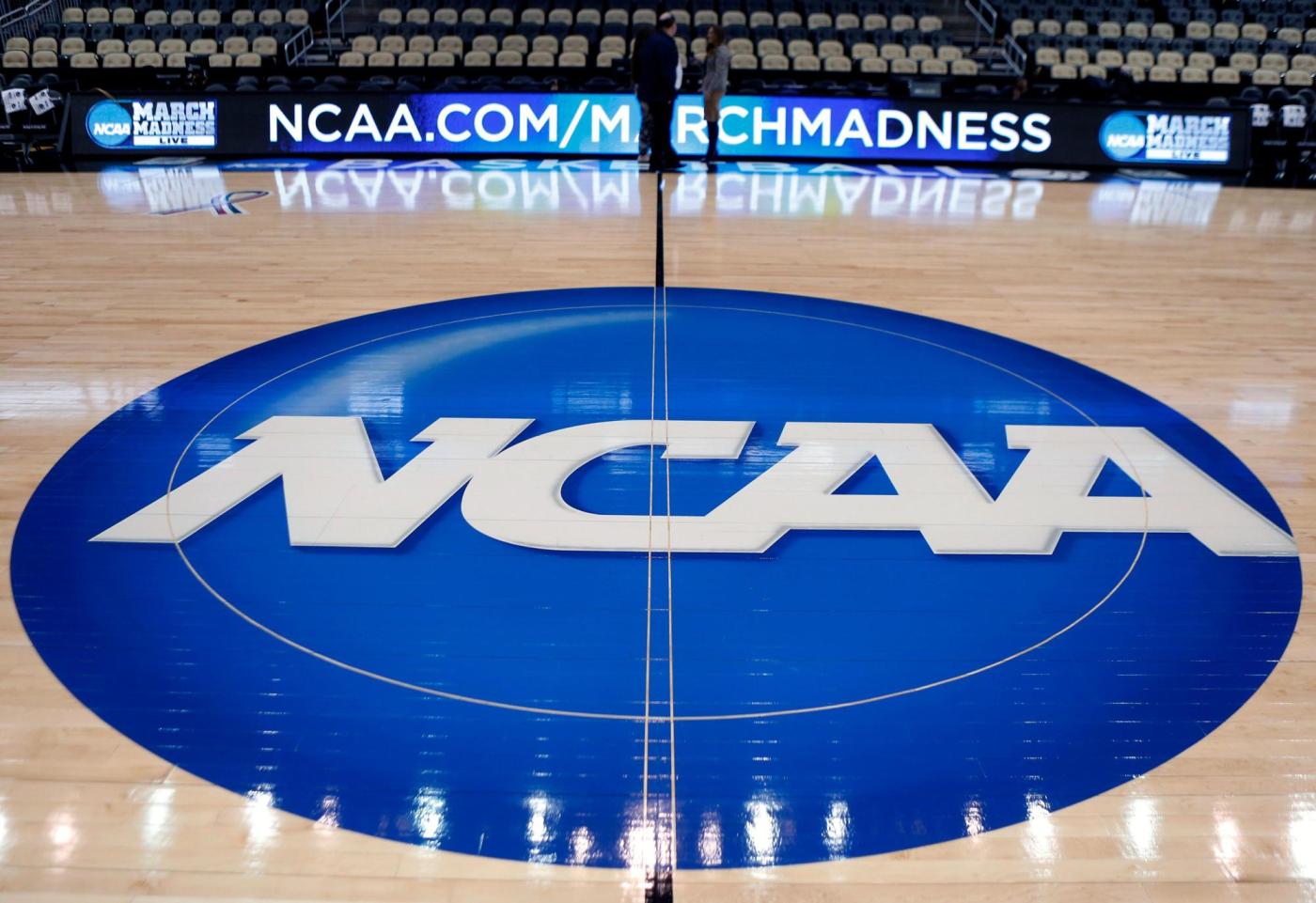A recent case in Minnesota highlights the urgent need for legal protections for transgender individuals. A teenager in greater Minnesota faced significant privacy violations after seeking a legal name change to reflect her gender identity. Following her court filing, both her old and new names were shared widely on social media, exposing her family’s personal information and prompting law enforcement to seek an order to seal the file for their safety.
This incident underscores a broader issue affecting many transgender youth, who have experienced harassment and bullying after their name-change filings became public. Under current Minnesota court policy, all name-change requests and birth-record corrections are publicly accessible. This means anyone can easily retrieve sensitive information, including former names—often referred to as “deadnames,” home addresses, and family details—without stepping foot in a courthouse.
The ease with which this information can be accessed poses significant risks. In the digital era, a person from anywhere in the world can download a Minnesota court record and potentially use it to identify and harass a transgender individual. Such public access translates into heightened vulnerability for transgender Minnesotans, who already face disproportionate rates of discrimination and violence.
The existing open-access rules are remnants of a pre-digital age, where physical barriers served to protect privacy. Today, these outdated regulations create an untenable choice for transgender individuals: they can either retain identification documents that expose them to discrimination or pursue legal corrections that risk their safety.
Recognizing the severity of this issue, a coalition of legal advocates, including the Minnesota State Bar Association, Gender Justice, and OutFront Minnesota, has petitioned the Minnesota Supreme Court to revise Rule 4 of the state’s public-access court rules. The proposed change would make name-change and gender-marker correction filings nonpublic by default, similar to the treatment of juvenile records and adoption cases. While law enforcement and relevant government agencies would still access these records, the public search function would be closed.
This initiative is not about secrecy; it is about ensuring parity in privacy protections. Current laws already safeguard sensitive information like driver’s license photos, passport images, and medical records from public disclosure. Yet, the legal processes transgender individuals must navigate to secure those very documents remain exposed. This inconsistency poses a direct threat to safety.
The Minnesota Constitution is interpreted to offer stronger privacy protections than federal law, particularly for individuals in marginalized communities. It recognizes the right to maintain a private persona and the freedom to determine what aspects of life should remain confidential. For transgender Minnesotans, safeguarding certain information is critical to their safety.
The petition to the Minnesota Supreme Court aims to address this imbalance. It seeks to prevent the nonconsensual disclosure of private information, which can lead to intimidation and violence against transgender individuals. Keeping name-change records public does not enhance transparency; rather, it invites potential harm.
The proposed rule change would not impose costs on taxpayers, nor would it shield criminal activities or court decisions from scrutiny. It would, however, protect vulnerable individuals from being outed or endangered simply for adhering to the law. If adopted, Minnesota would join states like New York, California, and Oregon, which restrict public access to sensitive records while maintaining judicial transparency.
As the transgender community faces increasing targeting, the Minnesota Supreme Court has a vital opportunity to demonstrate that openness and compassion can coexist. The petition is not just about protecting transgender individuals; it affirms the principle that every resident of Minnesota deserves safety, dignity, and autonomy over their own life narrative. No one should have to risk their security to live authentically.







